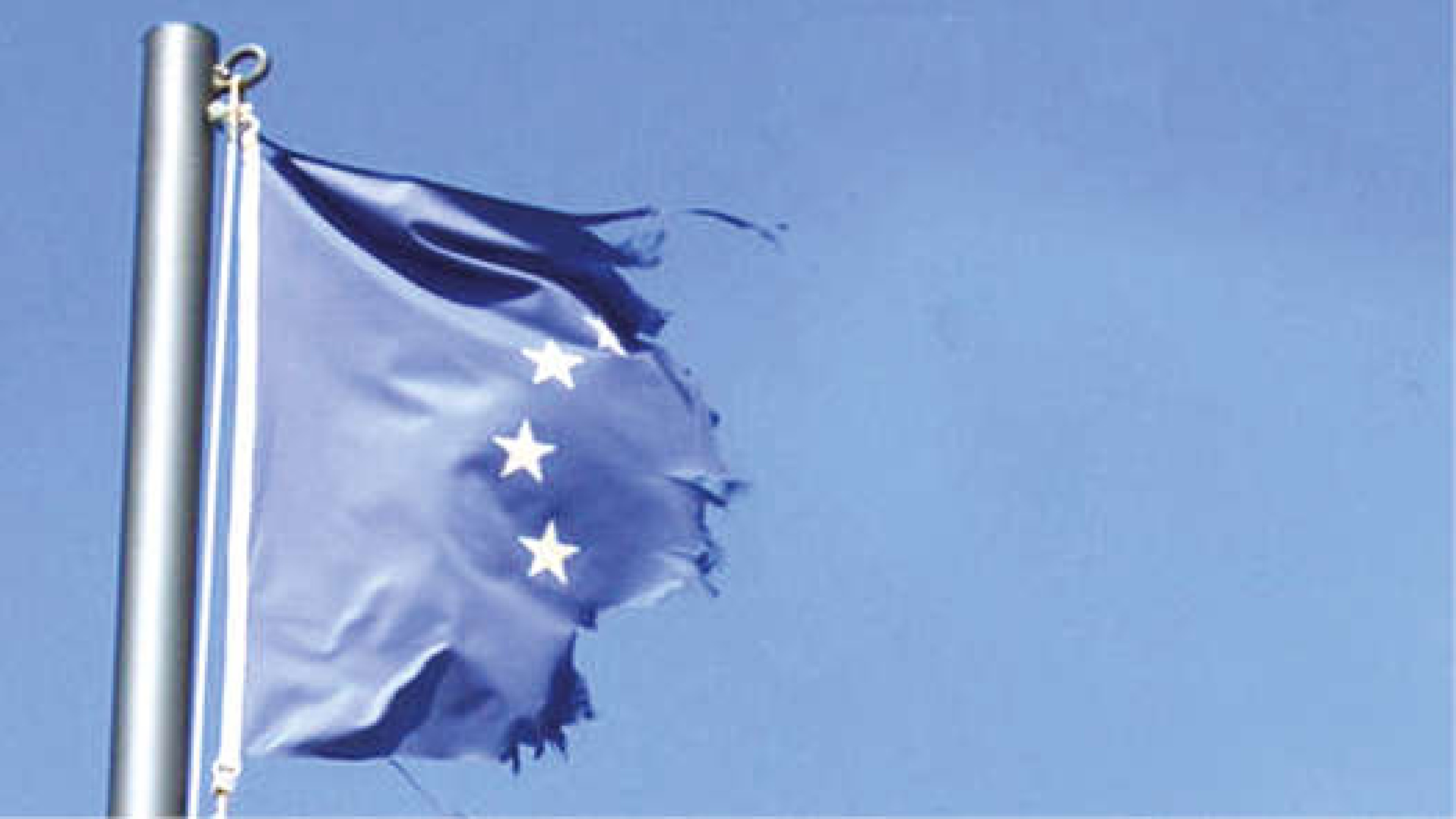Europe navigates multiple crises
It’s highly questionable whether this will be enough to get a grip on inflation of 8.6% in the eurozone, especially since the main reasons for the price increases are beyond the control of the EU.

CHENNAI: After years of keeping rates at historic lows, and in negative territory since 2014, the European Central Bank (ECB) departed from its zero interest rate policy on Thursday. It raised the key interest rate from zero to 0.5%, with further increases to follow.
It’s highly questionable whether this will be enough to get a grip on inflation of 8.6% in the eurozone, especially since the main reasons for the price increases are beyond the control of the EU. Energy prices have risen because of strong demand following the pandemic, and also because of the Russian war against Ukraine. Disruptions in global supply chains are also driving up prices.
In addition, the ECB is walking a tightrope in its interest rate hikes. In economic theory, prices usually rise during boom times when all capacities are overstretched. Higher interest rates then have a dampening effect because they make credit more expensive and thus also slow down economic activity.
Now, however, inflation is striking EU countries that are all emerging weakened from the pandemic, and in some cases with greatly increased debt burdens. Further weakening these already struggling economies with higher interest rates thus carries some risks. The end of the zero interest rate policy heralds the return of a spectre that ten years ago brought the eurozone to the brink of collapse: The vastly differing credit conditions of the member states. Countries borrow money on the financial markets by issuing government bonds. The greater investors’ confidence in a country’s creditworthiness, the lower the interest rates that country has to pay on its debt.
Conversely, countries with high debts and weaker economies are “punished” by lenders charging higher interest rates. This difference, known in financial jargon as a spread, is now widening again. For example, one year ago Italy had to pay 1.21% higher interest than Germany if it wanted to borrow money for ten years. In the meantime, the spread has almost doubled to 2.26 %. Highly indebted countries like Italy could get into trouble as a result, because higher interest costs leave policymakers with little financial leeway. During the euro debt crisis that began in 2010, market players began speculating against individual nations, amounting to a kind of bet on the collapse of the monetary union. To prevent a repeat of the crisis, the ECB has created a new anti-fragmentation tool. Called the TPI (Transmission Protection Instrument), it’s a bond-buying program that lends money specifically to those countries that the markets have particularly little confidence in. It’s intended as a signal to speculators: Don’t bet on the end of monetary union, you can only lose.
The downside of the new instrument is that the ECB is forbidden to engage in direct government financing. This could lead to protracted disputes in the courts over the limits of the ECB’s mandate. Once again, it will become clear that the common monetary policy faces different demands — which in turn could likely to fuel betting against the monetary union.
Rising gas prices prompted the EU Commission to draft an emergency energy plan on Wednesday. It foresees slashing gas consumption in the EU by 15% in the coming winter. If that amount is not cut on a voluntary basis, the EU Commission could declare an EU-level emergency and force member countries to save. Certain sectors of the economy could then receive less gas. Financial incentives are also planned for companies that switch to other energy sources.
However, the emergency plan has to be approved by the EU member states before it can come into effect. Spain and Portugal have already said they plan to oppose it and rejected the plan as “untenable,” which all points to a looming dispute on this measure as well.
This article was provided by Deutsche Welle
Visit news.dtnext.in to explore our interactive epaper!
Download the DT Next app for more exciting features!
Click here for iOS
Click here for Android



